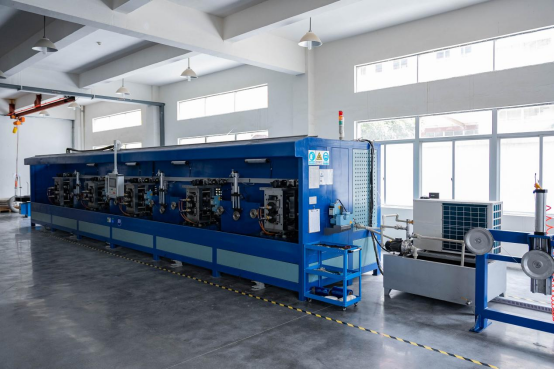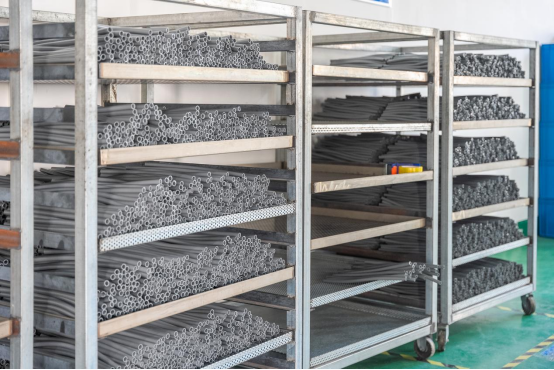
The installation quality of medium and high voltage cable accessories (Terminals/intermediate joints) directly affects the reliability of the power grid. This article focuses on three core misconceptions: preprocessing, stress control, and size matching, providing practical optimization solutions to reduce installation failure risks by over 60%.
Misconception 1: Improper pre-treatment before installation
Typical problem:
-The residual semiconducting particles on the surface of the main insulation cause partial discharge (partial discharge>20pC).
-The steel armored grounding wire is not firmly crimped, with a contact resistance greater than 50 μ Ω, resulting in abnormal current circulation in the protective layer.
Solution:
1. Deep cleaning:
-Use non-woven fabric and anhydrous alcohol for one-way wiping (insulation → semiconductive layer), and prohibit reciprocating motion.
-The roughness of the conductor after polishing is ≤ 0.02mm (detected by a white light interferometer).
2. Grounding standardization:
Hengli spring crimping (tension ≥ 500N), dual ground wire separation design (steel armor and shielding layer independently grounded).

Misconception 2: Failure to meet stress control standards
Typical problem:
-The stress cone offset is greater than 5mm, the electric field concentration area is not covered, and the insulation life is shortened by 50%.
-Uneven application of silicone grease and residual air gaps at the interface (thickness>0.5mm).
Solution:
1. Precise positioning tool:
Laser positioning device assisted installation, with an error of ≤± 2mm (refer to GB/T 12706.4).
2. Quantitative management of silicone grease:
Use a grease gun to inject a quantitative amount (0.10.3mm) and squeeze out excess silicone grease.
Misconception 3: The size of the accessories and cables does not match
Typical problem:
-Cold shrink attachment interference deviation (measured<2mm or>5mm), risk of sealing failure.
-The prefabricated accessory trial installation is missing, and the interface pressure is insufficient (<0.3MPa).

Solution:
1. Digital selection:
Scan the cable cross-section in 3D and generate compatible accessory models (such as the SmartFit system of Hellenic Cables).
2. Pre installation verification process:
Pre tension test for cold shrink accessories (elastic modulus ≥ 1.5MPa), pressure testing for prefabricated accessory trial assembly.
Next Preview: Analyzing the Misunderstandings of Environmental Control and Sealing Protection, Revealing Key Technologies for Outdoor Terminal Waterproofing.
Oil&Gas exploited
Automotive Manufacturing
Transportation & Dlistrlbutlon
Manufacture
Industrial Construction
Green Energy
Copyright ? 2024 All Rights Reserved
Back to top 
Comment
(0)